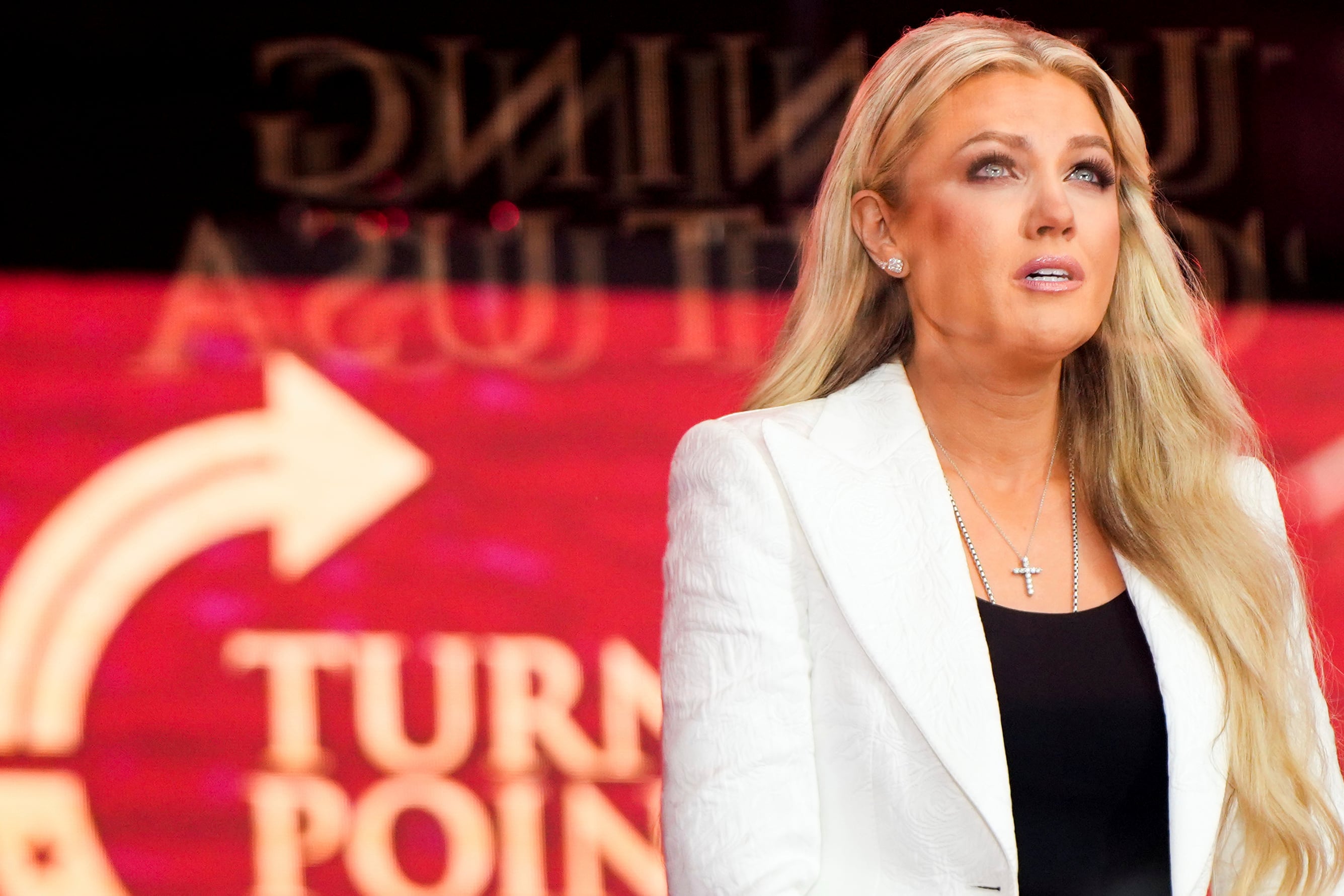Charlie Kirk's Assassination and the Polarized Response: A Look at Church Reactions and Potential Religious Revival
The assassination of Turning Point USA Founder Charlie Kirk has ignited a firestorm of politically polarized reactions across the United States, even extending into discussions among church officials. While the identity and motives of Kirk's alleged killer remain contested, with theories ranging from right-wing to left-wing extremism and foreign conspiracy, the event has prompted widespread reflection on political violence and its impact on American society. This article examines the diverse responses, focusing on statements from church officials and the potential for a religious revival in the wake of this tragedy.
Church Officials Respond to Kirk's Death
Many church officials, while condemning the assassination itself as a slight against God and the sanctity of life, have maintained a degree of neutrality regarding Kirk's political witness. Common themes emerge across various denominations: a call for an end to political violence, a focus on unity and healing, and prayers for Kirk's family and the nation.
The United Methodist Council of Bishops, for instance, released a statement emphasizing the urgency of addressing political violence, quoting Isaiah 2:4 to envision a future of peace and urging an end to divisiveness. Similarly, Archbishop Steve Wood of the Anglican Church in North America and Bishop Elizabeth Eaton of the Evangelical Lutheran Church of America called for prayers for peace and resistance against division, respectively. Archbishop Elpidophoros of the Greek Orthodox Diocese of North America labeled the assassination a "wound upon the very soul of America," while the Coptic Orthodox Diocese of Los Angeles reiterated the importance of ballots over bullets in a democracy.
Doug Clay, General Superintendent of the Assemblies of God, centered his statement on America's deep polarization, offering a prayer for healing and unity, pleading for love, comfort, truth, and unity to overcome hatred, fear, division, and confusion.
Statements of Support and Controversy
In contrast to the neutral tones of some denominations, other statements explicitly defended Kirk's political legacy. The Southern Baptist Convention, in a statement signed by numerous pastors, expressed gratitude for Kirk's public witness to Christ. However, this statement sparked controversy within the SBC, with some Black members alleging that Kirk had made racist remarks. Defenders dismissed these claims as lacking sufficient context, highlighting Kirk's relationships across racial lines.
Lutheran Church Missouri Synod President Matthew Harrison also defended Kirk, asserting he was not racist and suggesting the alleged murderer was associated with trans ideology and Marxist thought. Harrison further categorized Kirk's murder as a religious, not just political, act, drawing parallels between Kirk and Hermann Sasse as unjustly murdered figures. Catholic clerics, including Diocese of Winona-Rochester Bishop Robert Barron and Archdiocese of New York Cardinal Timothy Dolan, offered favorable remarks, with Dolan even calling Kirk a "modern-day St. Paul." It is noteworthy that a Catholic cardinal would compare a non-Catholic to a saint.
However, not all responses were supportive. Bishop Andrew Doyle of the Episcopal Diocese of Texas stated that even if Kirk's words incited violence, his death remained inexcusable, invoking Martin Luther King, Jr.'s philosophy of nonviolence. The Presbyterian Church (USA) statement, uniquely among larger denominations, primarily focused on gun violence and called for gun control policies.
Potential for Religious Revival
Following Charlie Kirk's assassination, some, like Vice President JD Vance, have suggested that his death could galvanize individuals, particularly young conservatives, to become more involved in evangelical and Catholic churches. This sentiment was echoed at Kirk's memorial service, with speakers suggesting his political movement had unleashed a spiritual revival. However, historical trends suggest that such surges in religious engagement are often short-lived.
While anecdotes abound about increased church attendance, Ryan Burge, a political scientist and pastor, cautions against equating individual experiences with broader trends, noting that previous civic traumas, like 9/11, resulted in only brief spikes in attendance. Nonetheless, some conservative Christian congregations report seeing new faces, with leaders like Gina Gleason of Calvary Chapel Chino Hills anticipating increased engagement, particularly among young people. Mark Francey of Oceans Church similarly reported significant attendance increases, drawing parallels to the "9/11 type effect."
Despite these reports, experts urge caution, emphasizing the need for sustained data to confirm any lasting impact. However, leaders within the evangelical community are actively encouraging Christians to welcome new faces and build trust, fostering a sense of community that could contribute to a genuine move of the Holy Spirit.
Forgiveness, Division and Political Exploitation at Memorial Service
The memorial service for Charlie Kirk was a complex mix of religious fervor and political rhetoric. While some speakers, like Kirk's widow Erika Kirk, called for forgiveness and unity, others used the event to rally support for conservative causes and attack political opponents. President Donald Trump's presence and speech underscored this dynamic, as he veered between eulogizing Kirk and criticizing his rivals, even admitting to disagreeing with Kirk's aversion to hating his enemies. Some faith leaders expressed concern that the memorial was used to deepen division rather than promote healing. The event highlighted the ongoing tensions within American society and the challenges of finding common ground in the wake of tragedy.
The Legacy of Charlie Kirk and the Future of American Christianity
The assassination of Charlie Kirk has undoubtedly left a void in the conservative movement and sparked a complex array of responses. While the potential for a lasting religious revival remains uncertain, the event has undeniably amplified discussions about faith, politics, and the future of American society. As leaders grapple with the aftermath of this tragedy, the focus on unity, forgiveness, and constructive dialogue becomes ever more critical in navigating the challenges that lie ahead.
 Visit the website
Visit the website

